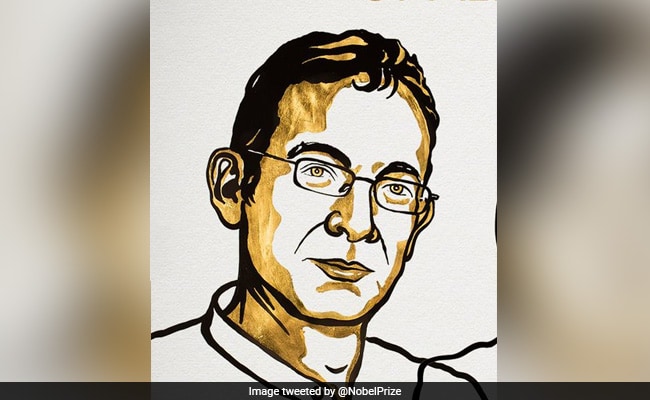Abhijit Banerjee was educated at the Presidency College (then affiliated with University of Calcutta), Kolkata, Jawaharlal Nehru University (JNU) and Harvard University, where he received his Ph.D in 1988.

Abhijit Banerjee is currently the Ford Foundation International Professor of Economics at MIT.
Mr Banerjee is currently the Ford Foundation International Professor of Economics at the Massachusetts Institute of Technology.
He attended Presidency College, Calcutta, where he completed his B.S. degree in economics in 1981 and later, completed his M.A. in Economics at JNU in 1983.
Mr Banerjee married Esther Duflo in 2015, with whom he shares this year’s Economics Nobel.
Indian-born Banerjee is an American citizen while Esther Duflo is French-American. Michael Kremer is also from the US.

Nobel Prize 2019: Esther Duflo shares this year’s Economics Nobel with Abhijit Banerjee and Michael Kremer
Esther Duflo is the Abdul Latif Jameel Professor of Poverty Alleviation and Development Economics in the Department of Economics at the Massachusetts Institute of Technology and a co-founder and co-director of the Abdul Latif Jameel Poverty Action Lab (J-PAL).
Abhijit Banerjee and Esther Duflo, often with Michael Kremer, soon performed similar studies of other issues and in other countries. Their experimental research methods now entirely dominate development economics, the academy said.
Abhijit Banerjee remains one of the lab’s directors, according to the MIT website.
He is a past president of the Bureau for the Research in the Economic Analysis of Development, a Research Associate of the NBER, a CEPR research fellow, International Research Fellow of the Kiel Institute, a fellow of the American Academy of Arts and Sciences and the Econometric Society, and has been a Guggenheim Fellow and an Alfred P Sloan Fellow and a winner of the Infosys prize.
Mr Banerjee is also the author of a large number of articles and four books, including Poor Economics, which won the Goldman Sachs Business Book of the Year.
The 2019 Sveriges Riksbank Prize in Economics was presented by Goran K Hansson, the Secretary General of The Royal Swedish Academy of Sciences.
